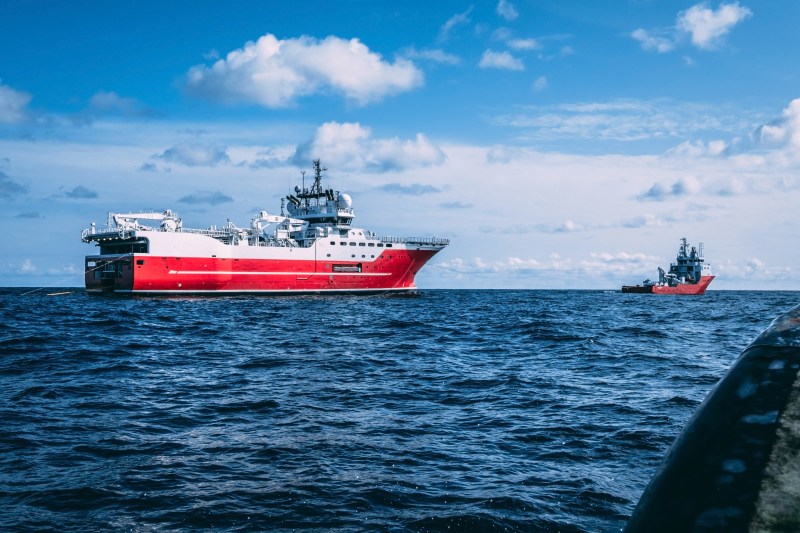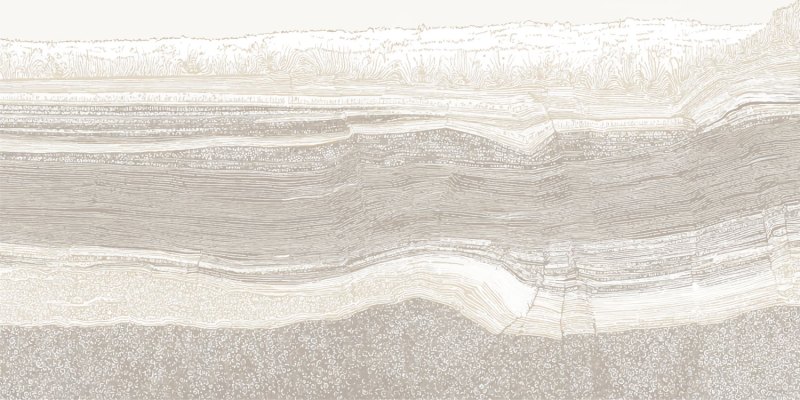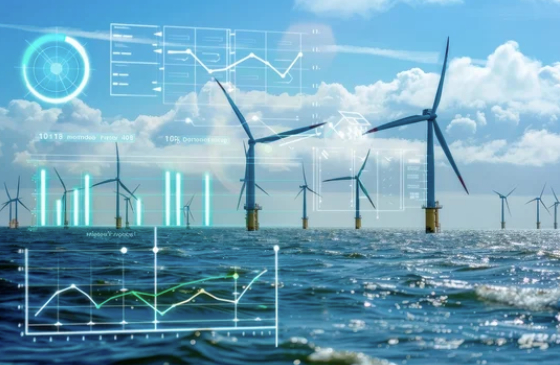Short Courses
The EAGE Annual offers one-day short courses by carefully selected renowned instructors, aimed at providing professionals and academics with key knowledge relevant to current developments in the field.
Room 5
This course provides a comprehensive overview of modern marine seismic surveys. Based in part on Shell’s geophysical training and seismic project management practice it teaches seismic acquisition from three perspectives:
- Meeting subsurface objectives.
- Integrating with the full seismic value chain.
- Aligning technical design with business, operational and environmental goals.
Participants will explore survey planning, design and implementation in the context of exploration, development, and CCS projects. Drawing on the latest seismic technologies and a multi-disciplinary project framework, the course equips professionals with the knowledge to deliver high-quality seismic data that supports confident business decisions, timely and safely.
Credentials: 5 CPD Points
Level: Intermediate
Instructor:
- Xander Campman (Shell Global Solutions International B.V.)

Room 4
This course will explore the potential of Generative AI (Gen-AI) for geoscience. By examining the key concepts of large language models, and real-world applications of them, participants will gain insights into how these cutting-edge technologies are being used to solve complex geoscience challenges. The course material is aimed at geoscientists that are looking to use AI applications and want a better understanding of how they work, how to get the best out of them and how to critically evaluate their performance.
Credentials: 5 CPD points
Level: Foundation
Instructor:
- Thomas Bartholomew Grant (Cegal)

Room 2
This course reviews definitions and terminology of surfaces and systems tracts and introduces the sequence stratigraphic hierarchy. Training exercises and datasets are thoroughly discussed, and participants interpret subsurface data in terrestrial, shallow marine, and deep-marine depositional settings within a sequence stratigraphic framework across siliciclastic and carbonate depositional settings. Based on the sequence stratigraphic method, the recognition and mapping of play elements from exploration to production scales is emphasized in this course.
Credentials: 5 CPD points
Level: Intermediate
Instructor:
- Rene Jonk (ACT-Geo Ltd.)

Room 4
Participants will learn the basic principles of scientific data visualization. Topics will include the appropriate choice of colour and how to effectively choose and design plots. The course will include many data examples – both good and bad – and will include an opportunity to critique and redesign visuals based on the principles described in the course.
Credentials: 5 CPD points
Level: Foundation
Instructor:
- Steve Horne (Silixa Ltd)

Room 3
The course offers a hands-on practical introduction to Python AI reservoir modelling workflows for those familiar with reservoir data and eager to master the advantages of contemporary Python capabilities in gaining additional value from reservoir data with machine learning. We will take you through a number of common reservoir characterisation, modelling and monitoring tasks using open-access reservoir data.
Credentials: 5 CPD points
Level: Intermediate
Instructor:
- Vasily Demyanov (Heriot-Watt University)

This course provides a comprehensive overview of seismic data processing skills transferable from the Oil and Gas industry to the Offshore Wind sector. Participants will learn the objectives of seismic imaging for both fixed-bottom and floating wind farms, exploring techniques for re-purposing legacy seismic data through high-resolution processing. The course details the differences between Ultra-High Resolution Seismic (UHRS) and conventional seismic methods, highlighting acquisition, processing, and associated challenges. It also addresses future opportunities in seismic, emphasizing the growing role of machine learning, and passive seismic monitoring within the offshore wind industry.
Credentials: 5 CPD points
Level: Intermediate
Instructor:
- Shaji Mathew (RGS)







